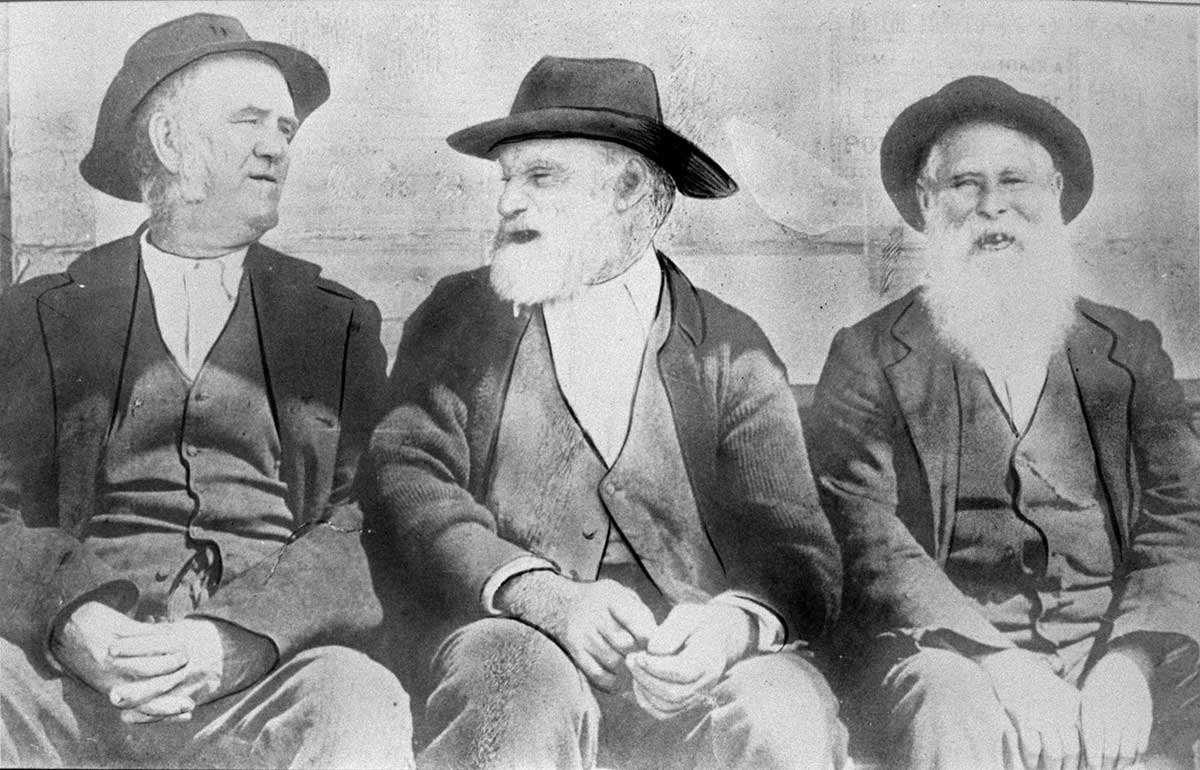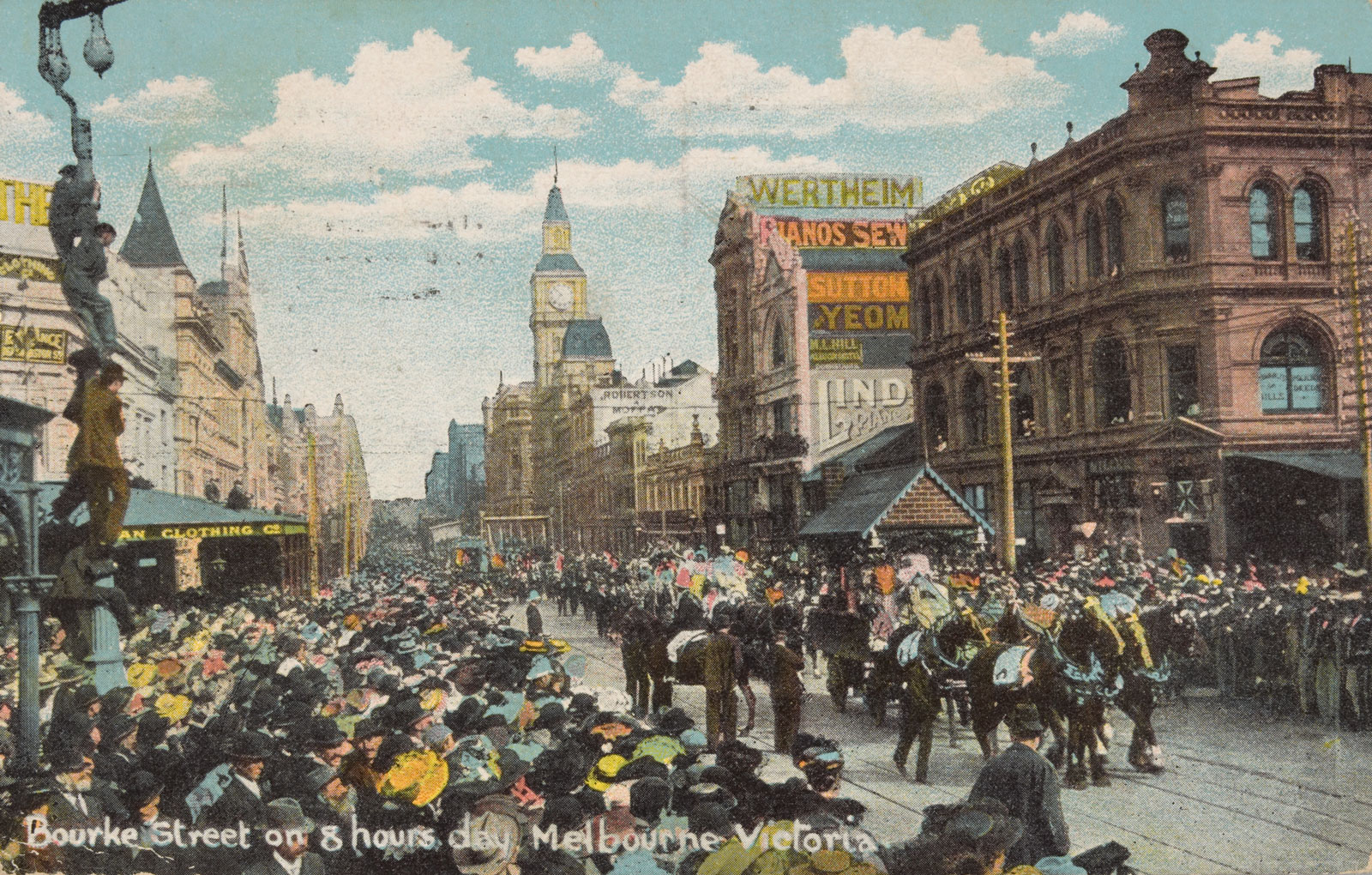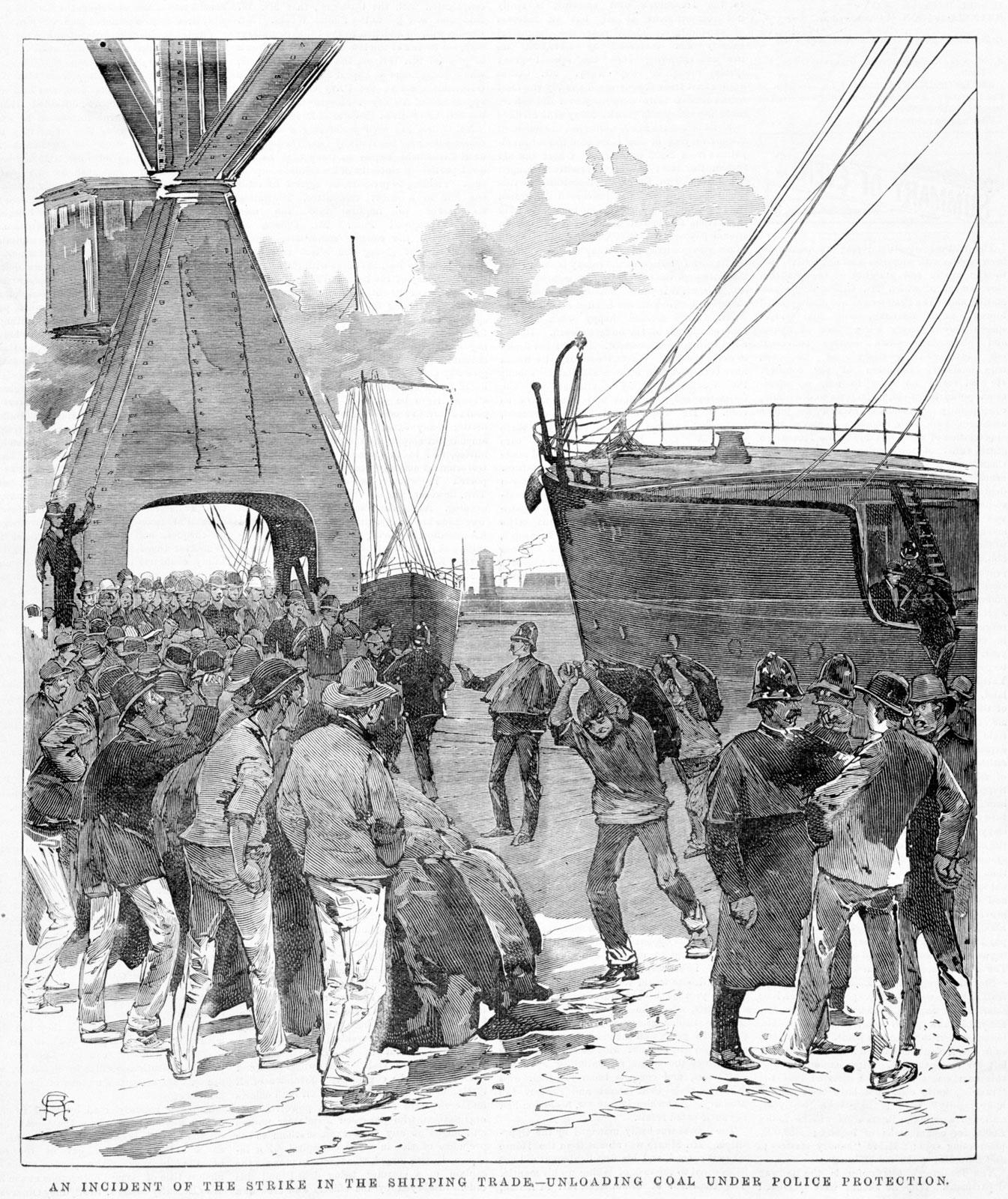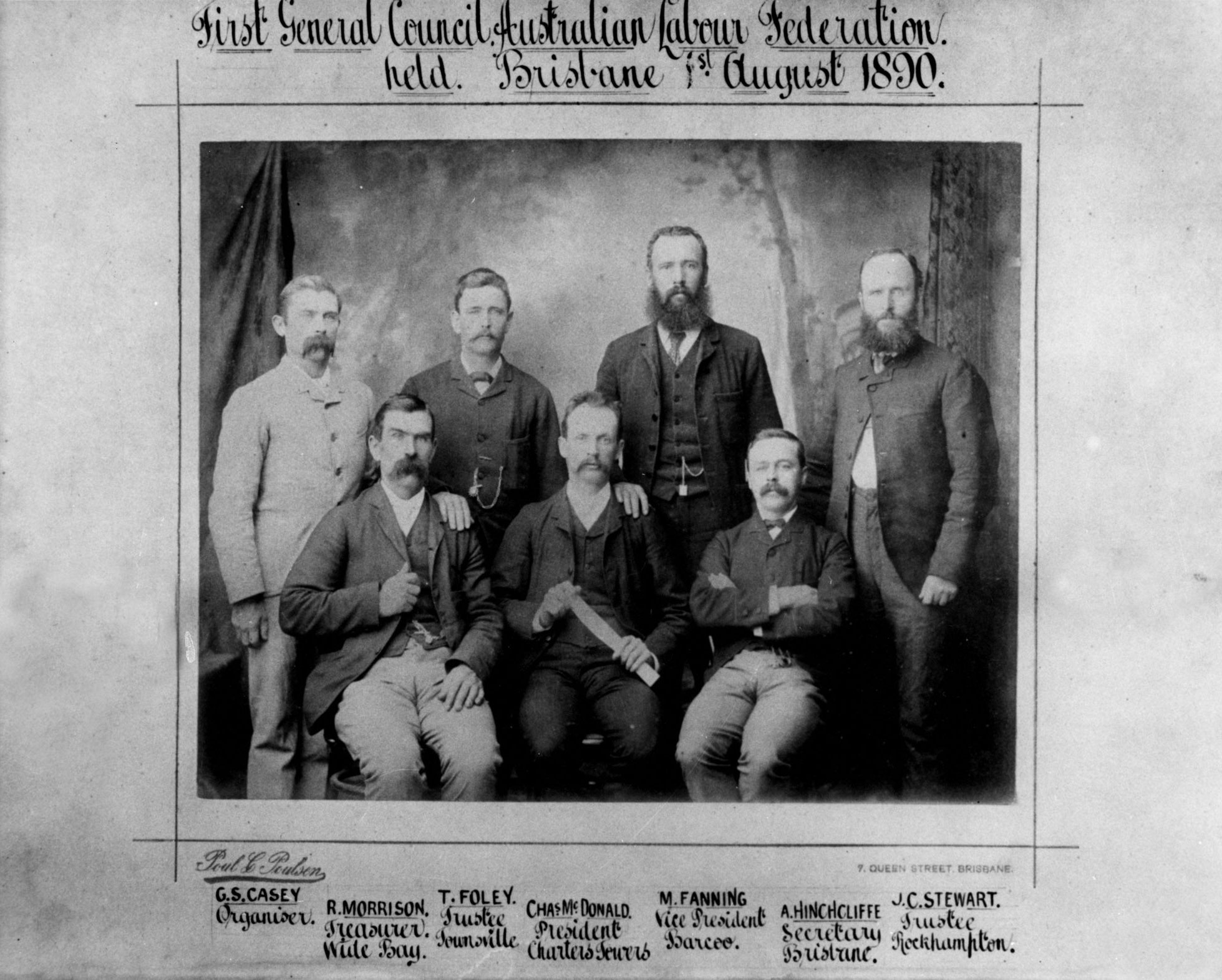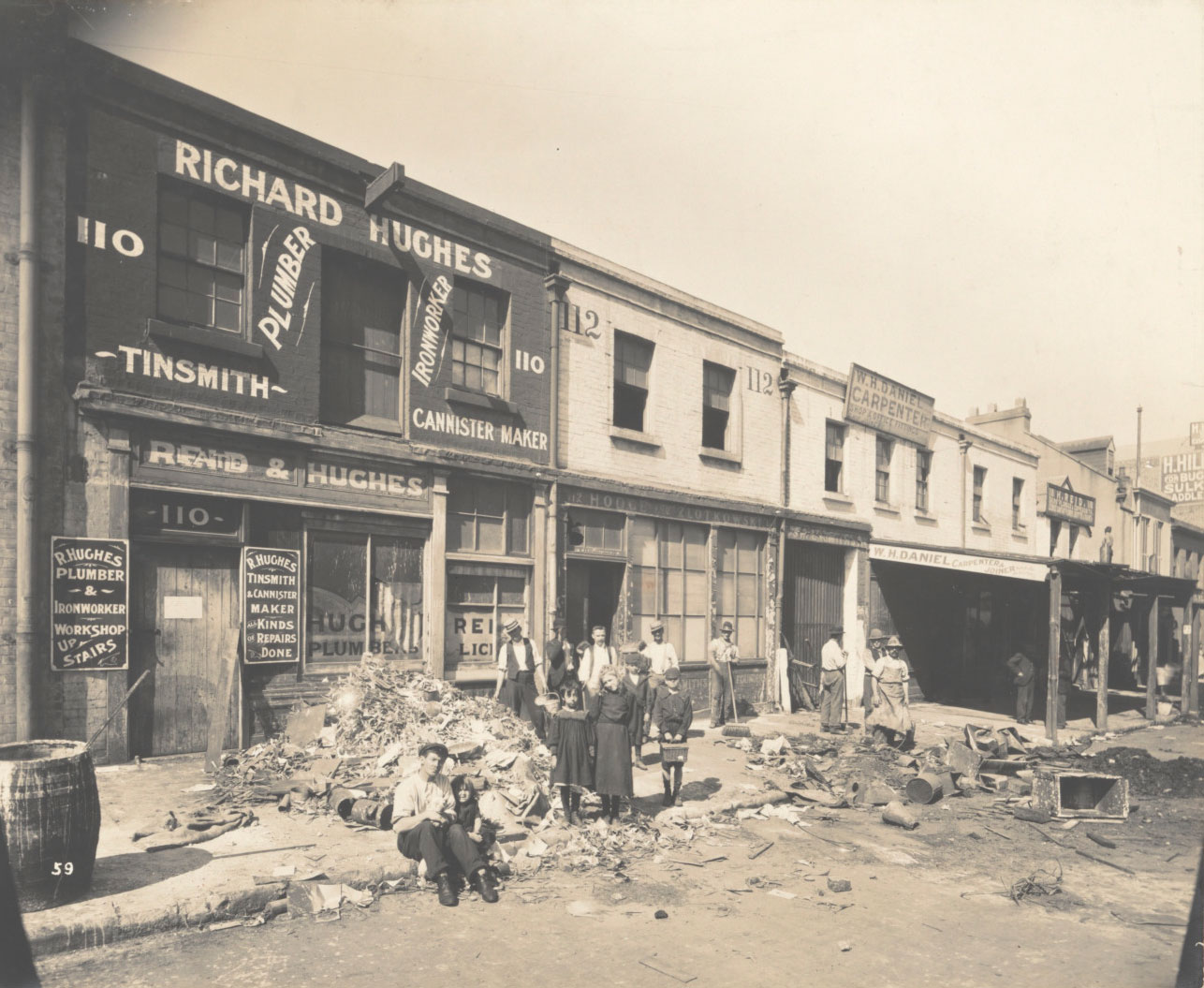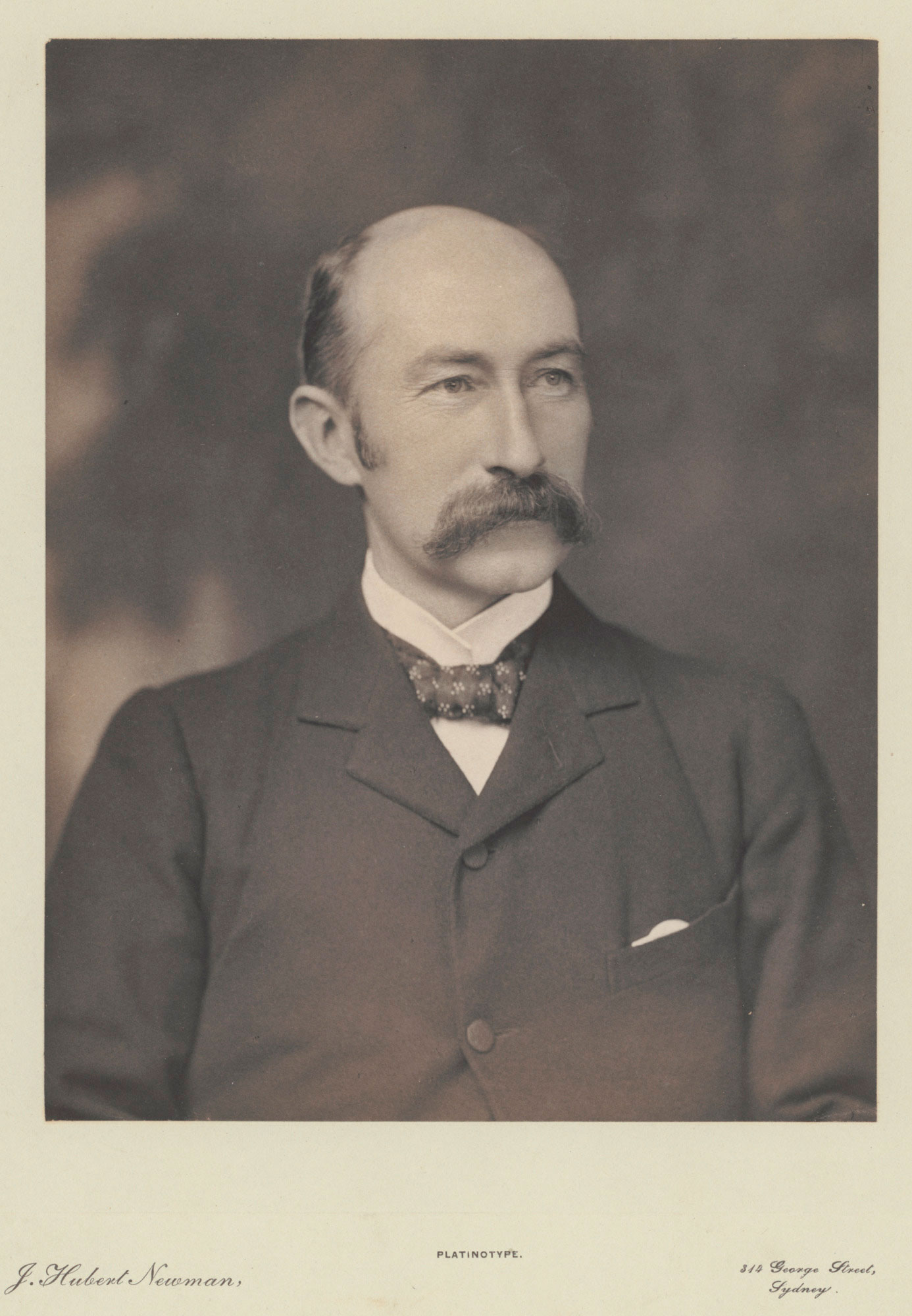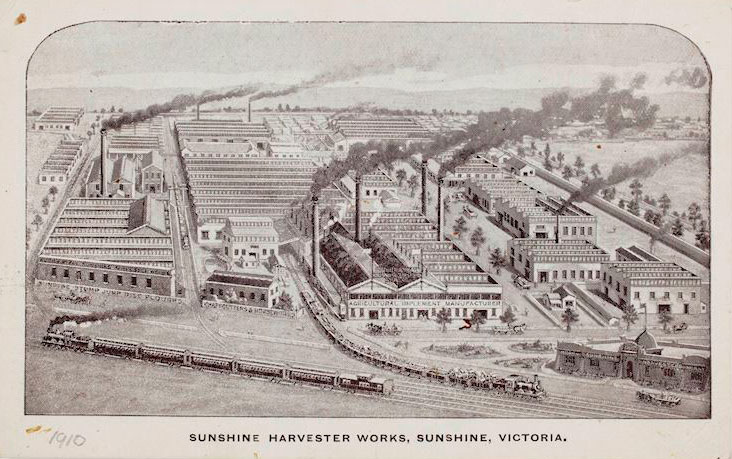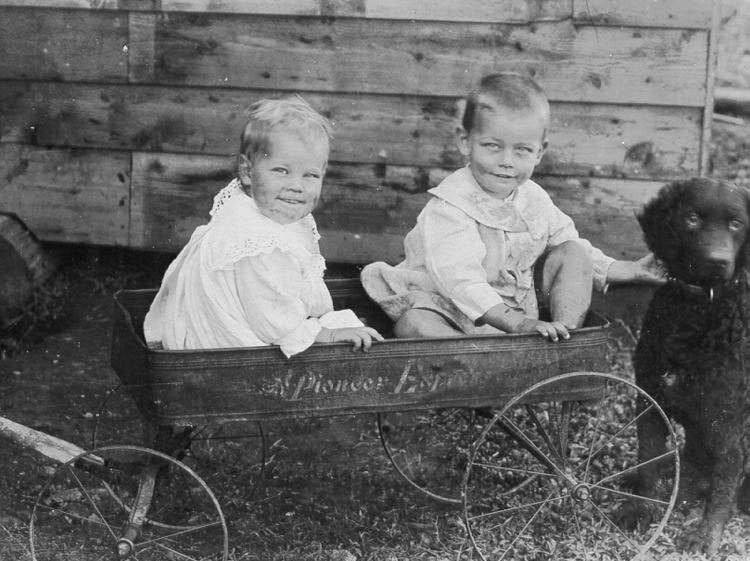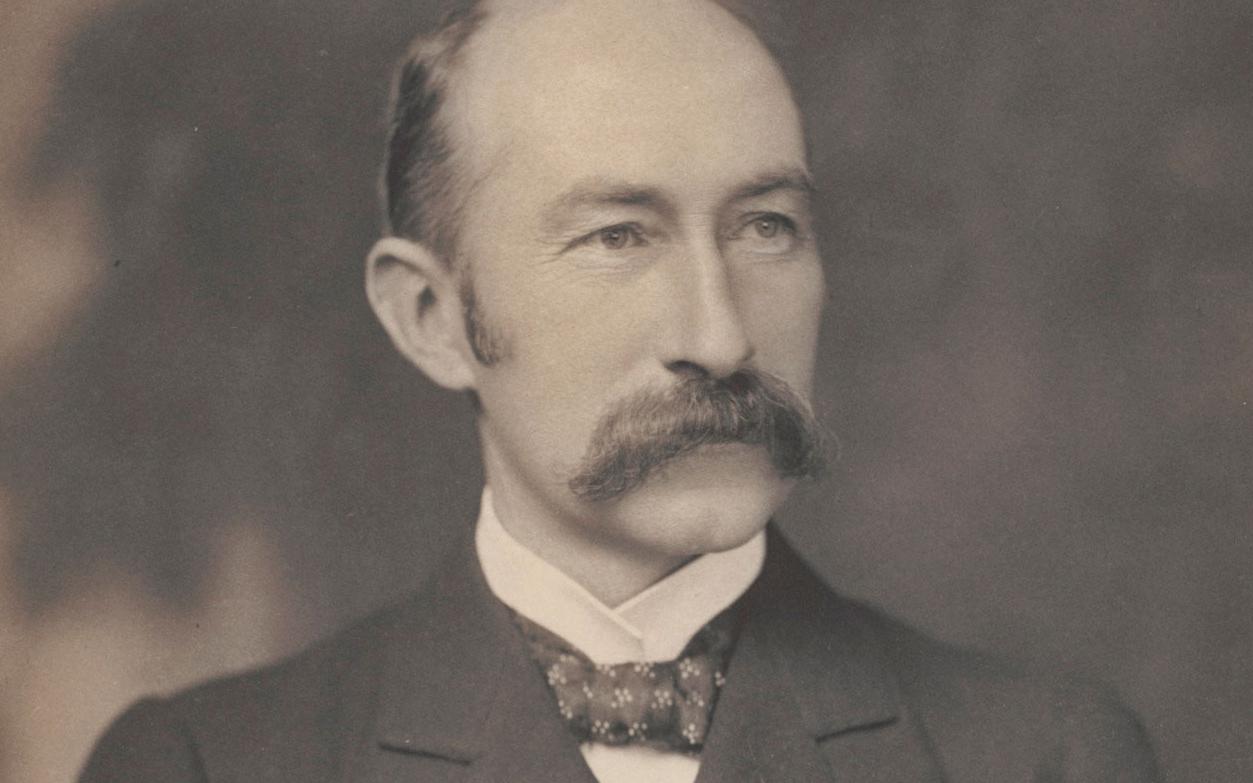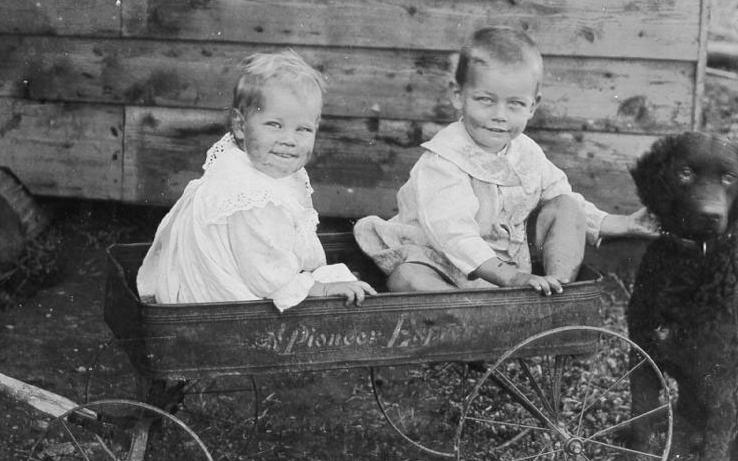Learning module:
Making a nation Defining Moments, 1750–1901
Investigation 3: Ordinary lives
3.7 Case study: Could you live on a ‘fair and reasonable’ wage?
The Harvester decision of 1907 set the minimum wage that should be paid to support a working man and his family reasonably.
It was based on many aspects of a family’s normal financial costs: food, rent and fuel for cooking and heating.
Justice Higgins found that the average cost of living of the families he questioned was 36 shillings a week. There were many things this did not cover though, including lighting, clothes, boots, furniture, utensils, taxes, insurance, savings, union pay, books and newspapers, tram and train fares, equipment such as sewing machines, mangles, school supplies, amusements and holidays, alcohol, tobacco, costs associated with sickness and death, domestic help, religion, or charity, or any unexpected costs that might arise. There was little extra money left from wages to pay for these extras. He therefore set the minimum wage at 42 shillings a week, an increase of 6 shillings, or 17 per cent.
1. Imagine that you are in a similar situation today. Let’s say that out of an imaginary basic wage of 200 coins, you have 100 of these to spend on food. How would you manage this budget?
Look at the following list of ‘prices’ for various foods. Each item is enough for a family of five for a week. So, if you want to include potatoes in your family’s meals for a week, you will spend 5 of your 100 coins.
Your task is to create the week’s shopping for you and your family. Will you be able to eat all your favourite foods? Will you have to make some compromises?
Choose up to 20 items you want to buy. Keep track of your total spend as you go, making sure you don’t go over the 100 coin limit. If you go over, try again until your shopping list matches your budget.
Your shopping list
2. How much did you spend?
3. Did you need to change your diet to meet your budget? How?
4. Are there any favourite foods that you need to reduce to meet your budget?
5. How might this exercise help you have empathy with families in about 1907 who had to live on a basic wage?






